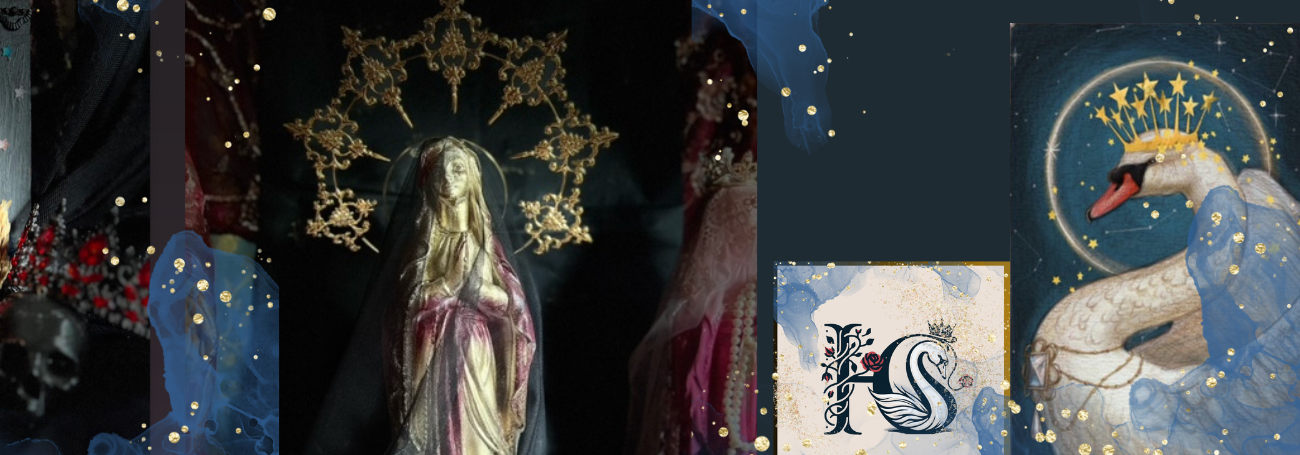Of all experiences of the inner self, Kundalini is the most secret, the most protected. It is the most intimate, the most personal. One does not wish to speak of it because to do so is–as it were–to reveal sacred knowledge, to expose secrets divulged in private to oneself, the single listener. Kundalini brings us in direct confrontation with that which we are–our quintessential, fundamental self–that range of sensation and patterned feeling, the memory of which we long ago buried in the depths below consciousness, but which occasionally surfaced, briefly and in disguise, in moments of intense feeling.
But once reencountered, we know it (the tonos, the way of being) immediately as our very selves, the stranger we have yearned to meet, the god we have sought to know. It confirms the familiar assertion, so oftechallenged or denied–we and the god are one.
To describe the sensation of Kundalini is like delineating the course of sexual arousal. Can one adequately convey to another–in words–that which is experienced in the realm of pure sensation? I think not. It is personal, unique, part of the individual repertoire of response. By listening to my account of my experience, you may, possibly, relate it to something in your own sphere and judge it to be similar or not. But you can never know the true quality of my subjective response unless you become me, or, like a spirit, enter my system in order to taste with my mouth, sense with my nerves.
But Kundalini is far more than a sensation. It is at once an awakening, a recognition, and a call. The awakening is into awareness of that which before was merely reputed, but is now confirmed. The recognition is of an inner process and response at once new and familiar, whether from this life or another. The call is to deal with it, integrate it, and then carry its energy forward into a new enterprise. To ignore it is to turn one’s back on god.
How meagre is our vocabulary when we refer to pleasurable physical/mental experience. We can speak of what is joyous, blissful, rapturous, ecstatic, orgasmic, even. But after that, words fail. To know more, we must enter the realm of experience, for knowledge can come only from the event, not from its descriptors. The account of the experience is like a report relayed to the back lines from advance scouts up ahead. The description of the mountain is not the same as being one with the mountain. To know the mountain, one must go into its presence and fuse with that which it is.
(from “Unmasking the Rose,” by Dorothy Walters)


